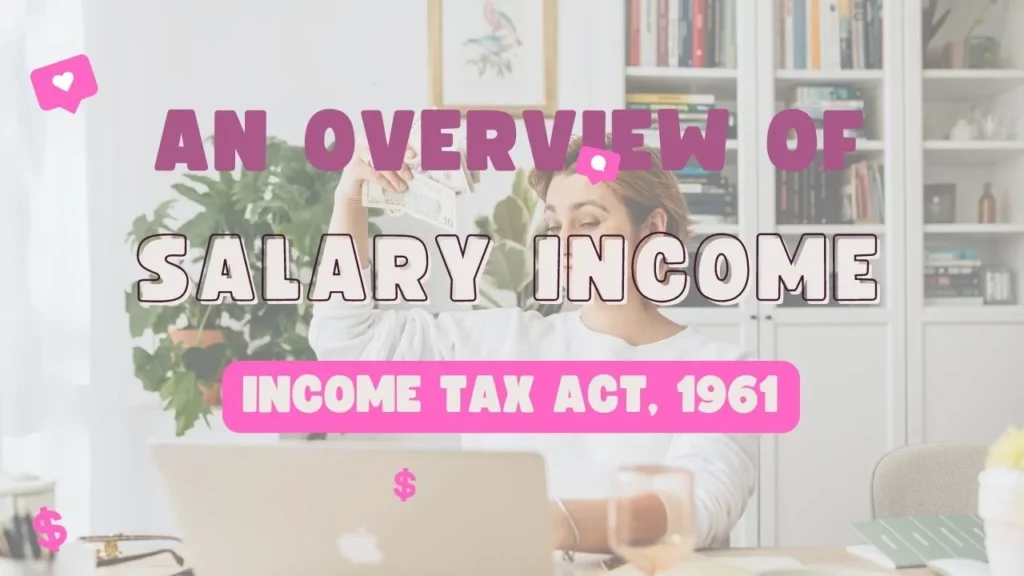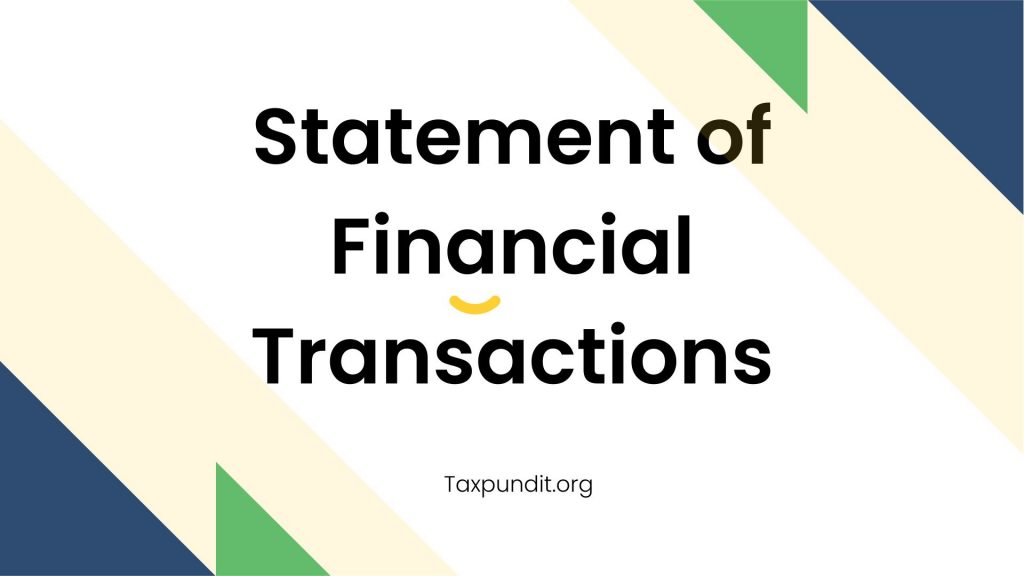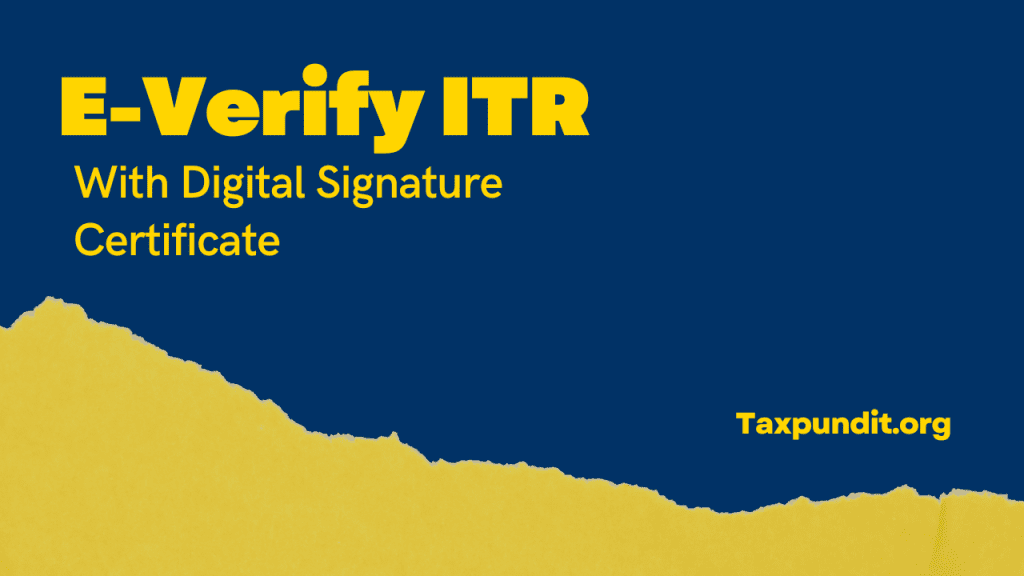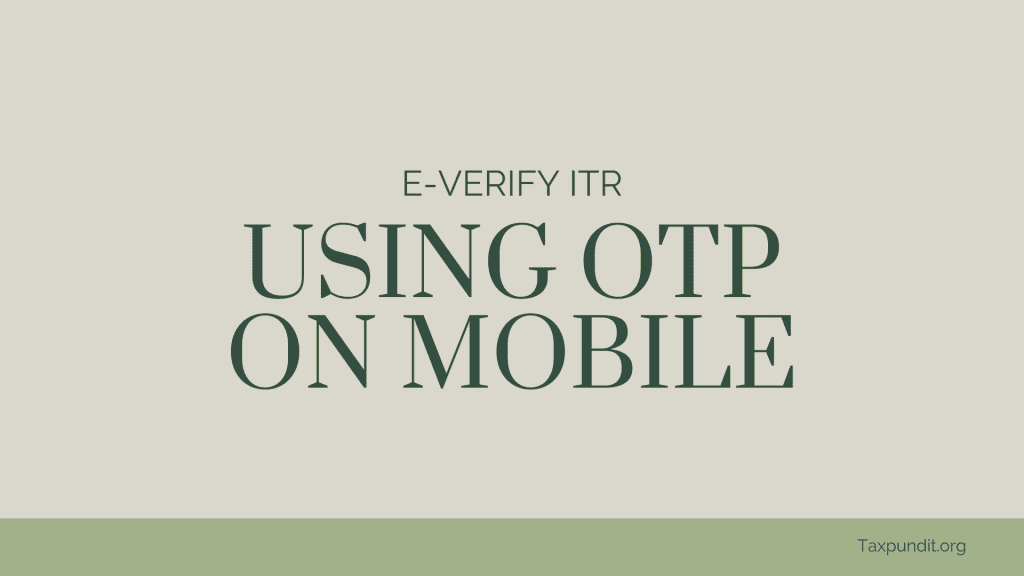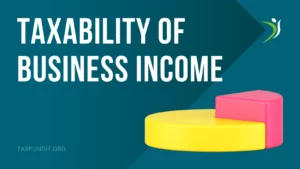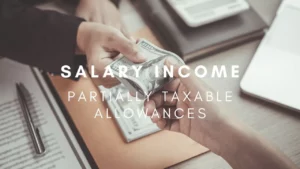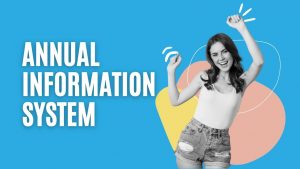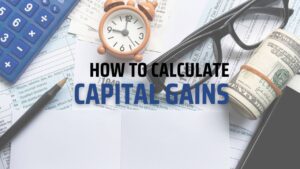Income from salary is one of the major sources of income for individuals and is subject to income tax. As per the Income Tax Act of 1961, salary income is defined as any payment received by an individual in the course of his or her employment, including wages, gratuity, and retirement benefits.
Basis of Charge (Section 15)
- Section 15 deals with the basis of charge. Salary is chargeable to tax either on ‘due’ basis or on ‘receipt’ basis, whichever is earlier.
- However, where any salary, paid in advance, is assessed in the year of payment, it cannot be subsequently brought to tax in the year in which it becomes due.
- If the salary paid in arrears has already been assessed on due basis, the same cannot be taxed again when it is paid.
Meaning of Salary
The meaning of the term ‘salary’ for purposes of income-tax is much wider than what is normally understood. The term ‘salary’ for the purposes of Income-tax Act, 1961 will include both monetary payments (e.g. basic salary, bonus, commission, allowances etc.) as well as non-monetary facilities (e.g. housing accommodation, medical facility, interest free loans etc.).
Section 17(1), defined the term “Salary”. It is an inclusive definition and includes monetary as well as non-monetary items.
Allowances
Different types of allowances are given to employees by their employers. Generally allowances are given to employees to meet some particular requirements like house rent, expenses on uniform, conveyance etc. Under the Income-tax Act, 1961, allowance is taxable on due or receipt basis, whichever is earlier.
Perquisites
The term ‘perquisite’ indicates some extra benefit in addition to the amount that may be legally due by way of contract for services rendered. In modern times, the salary package of an employee normally includes monetary salary and perquisites like housing, car etc.
- Perquisite may be provided in cash or in kind.
- Reimbursement of expenses incurred in the official discharge of duties is not a perquisite.
- Perquisite may arise in the course of employment or in the course of profession. If it arises from a relationship of employer-employee, then the value of the perquisite is taxable as salary. However, if it arises during the course of profession, the value of such perquisite is chargeable as profits and gains of business or profession.
- Perquisite will become taxable only if it has a legal origin. An unauthorised advantage taken by an employee without his employer’s sanction cannot be considered as a perquisite under the Act.
The Income-tax Rules, 1962 contain the provisions for valuation of perquisites. It is important to note that only those perquisites which the employee actually enjoys have to be valued and taxed in his hand.
For the purpose of computing the income chargeable under the head “Salaries”, the value of perquisites provided by the employer directly or indirectly to the employee or to any member of his household by reason of his employment shall be determined in accordance with Rule 3.
Deductions from Salary
The income chargeable under the head ‘Salaries’ is computed after making the following deductions:
Standard Deduction
A standard deduction of Rs. 50,000 or the amount of salary, whichever is lower, is
to be provided to the employees.
Entertainment allowance
Entertainment allowance received is fully taxable and is first to be included in the
salary and thereafter the following deduction is to be made from gross salary:
However, deduction in respect of entertainment allowance is available in case of Government employees only. The amount of deduction will be lower of:
(i) One-fifth of his basic salary or
(ii) Rs. 5,000 or
(iii) Entertainment allowance received.
Amount actually spent by the employee towards entertainment out of the entertainment allowance received by him is not a relevant consideration at all.
Professional tax on employment
Professional tax or taxes on employment levied by a State under Article 276 of the Constitution is allowed as deduction only when it is actually paid by the employee during the previous year. The total amount by way of professional tax payable in respect of any one person shall not exceed Rs. 2,500 per annum. However, the amount paid during the previous year can be more than Rs. 2,500 as the employee may have paid the professional tax of an earlier year during the previous year.
If professional tax is reimbursed or directly paid by the employer on behalf of the employee, the amount so paid is first included as salary income and then allowed as a deduction u/s 16.
Taxability of Salary Income
Once the taxable salary income is determined, it is subject to income tax as per the applicable tax slab.
The normal tax rates applicable to a resident individual will depend on the age of the individual.
However, in case of a non-resident individual the tax rates will be same irrespective of his age.
For the purpose of ascertainment of the applicable tax slab, an individual can be classified as follows:
- Resident individual below the age of 60 years.
- Resident individual of the age of 60 years or above at any time during the year but below the age of 80 years.
- Resident individual of the age of 80 years or above at any time during the year.
- Non-resident individual irrespective of the age
The tax slabs for the financial year 2022-2023 relevant to Assessment Year AY 2023-24 for Individuals who are less than 60 years is as follows:
Up to Rs. 2,50,000 = NIL
Rs. 2,50,000 to Rs. 5,00,000 = 5%
Rs. 5,00,000 to Rs. 10,00,000 = 20%
Above Rs. 10,00,000 = 30%
Tax Deductions and Exemptions
In addition to the deductions mentioned above, individuals can also claim various exemptions and deductions to lower their tax liability. Some of the commonly claimed exemptions and deductions include:
- Medical reimbursement: The amount of medical reimbursement received by an individual is eligible for tax exemptions, subject to a maximum of Rs 15,000 per year.
- Leave Travel Allowance (LTA): Tax exemptions can be claimed on the LTA received by an individual for traveling within India, subject to certain conditions.
- Education loan interest: Tax deductions can be claimed for the interest paid on an education loan for oneself, spouse, or children.
- Donations: Tax deductions can be claimed for donations made to certain approved charitable institutions and political parties.
Filing Income Tax Returns
Individuals whose taxable salary income is above the basic exemption limit of Rs 2.5 lakh are required to file their income tax returns. The due date for filing income tax returns for the financial year 2022-2023 is 31st July 2023.
Conclusion
Income from salary is subject to income tax in India and individuals are required to calculate their taxable salary income after taking into account various deductions and exemptions.
It is important to stay informed and keep track of the various changes in tax laws and regulations to ensure that the right amount of tax is paid.
It’s also important to keep all necessary documents and records, such as salary slips, Form 16, and proof of investments and deductions, ready while filing income tax returns.
If you’re unsure about any aspect of calculating and paying taxes on your salary income, it’s best to consult a tax professional or the Income Tax Department of India for guidance.
Frequently Asked Questions on Salay Income (FAQ)
Yes. However, the benefit of spread over of income to the years to which it relates to can be availed for lower incidence of tax. This is called as relief u/s 89 of the Income-tax Act.
No, it is taxable as income from other sources.
Yes. However, pension received from the United Nations Organisation is exempt.
Section 17 of the Income-tax Act defines the term ‘salary’. However, not going into the technical definition, generally whatever is received by an employee from an employer in cash, kind or as a facility [perquisite] is considered as salary.
Yes but only to the extent of Rs. 2 lakh, however, losses other than losses under the head ‘Income from house property’ cannot be set-off while determining the TDS from salary.
Form-16 is a certificate of TDS. In your case it will not apply. However, your employer can issue a salary statement.
Watch our Video on How to Register on Income Tax Portal for E-Filing
About Taxpundit Team
Our team consists of highly qualified, experienced and knowledgeable industry professionals that are passionate and dedicated to our clients. We provide the best possible service to our clients in a timely and effective manner, whilst always adhering to the highest levels of quality.

